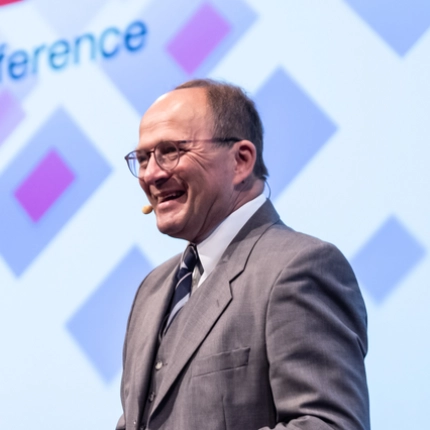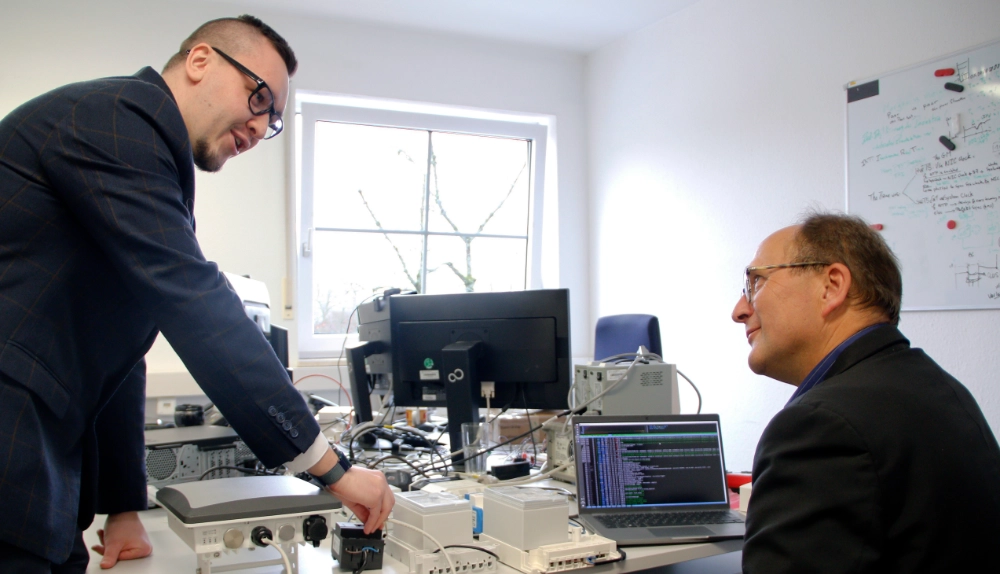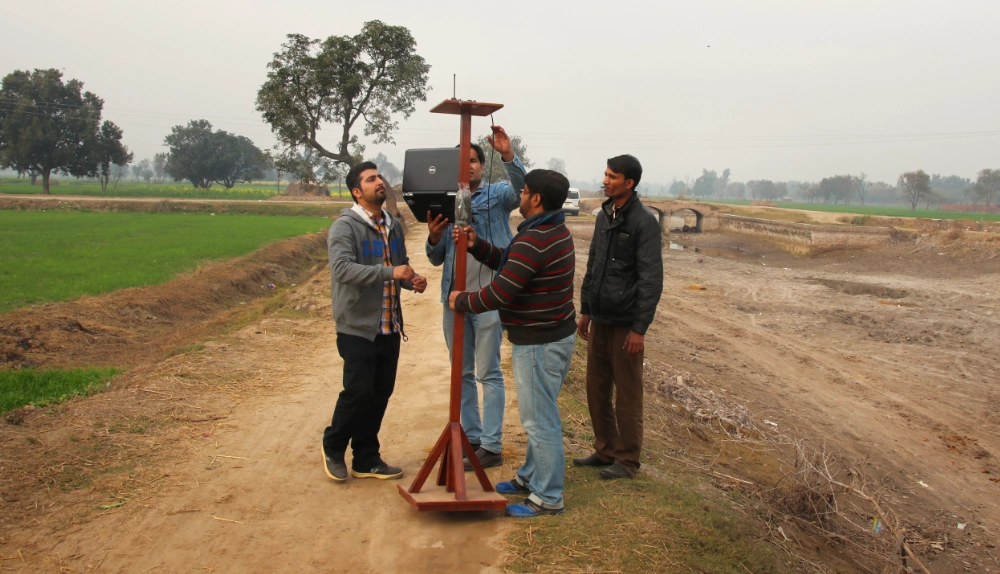Accueil » Interview of Prof. Dr Axel Sikora – WP12 Coordinator

Project ASIMUTE is a European multidisciplinary research project that gathers women and men from various walks of life. Their experiences may be different but the people involved in the project are committed to the advancement of science. Let’s learn about their personal paths and motivations through a series of portraits.
For this third installment, Pr. Dr Axel Sikora, WP12 coordinator, accepted to answer our questions.
Question 1: What is your personal path ? What led you to have a scientific career ?

The ivESK team, who is working on secure, efficient, and intelligent IoT connectivity solutions

It is clear that we can solve the challenges only together, being efficient, sharing results, pushing forward, in the same direction.
Project ASIMUTE is a European multidisciplinary research project that gathers ...
Every year, sociology researchers and leading experts in commerce meet ...
On November 25, the ASIMUTE project hosted a conference named ...
We are pleased to announce that our partners from KIT, ...
Copyright © 2024-2026 IRIMAS Institute | Université de Haute-Alsace